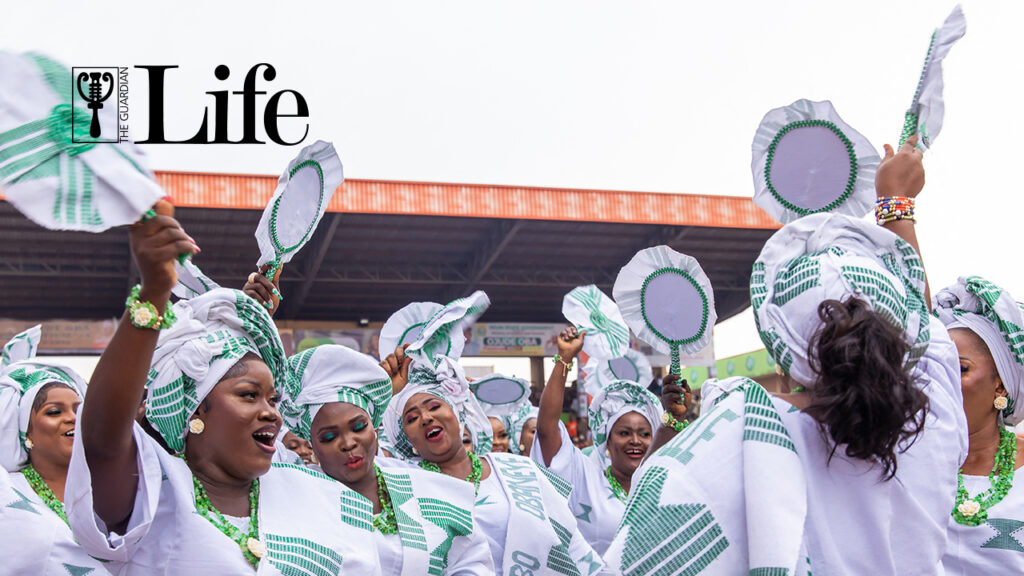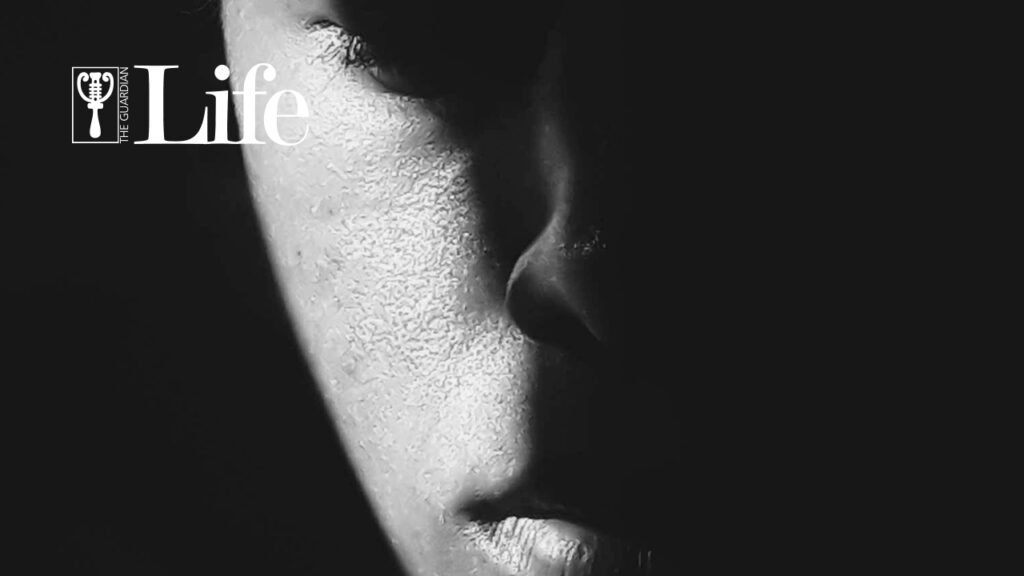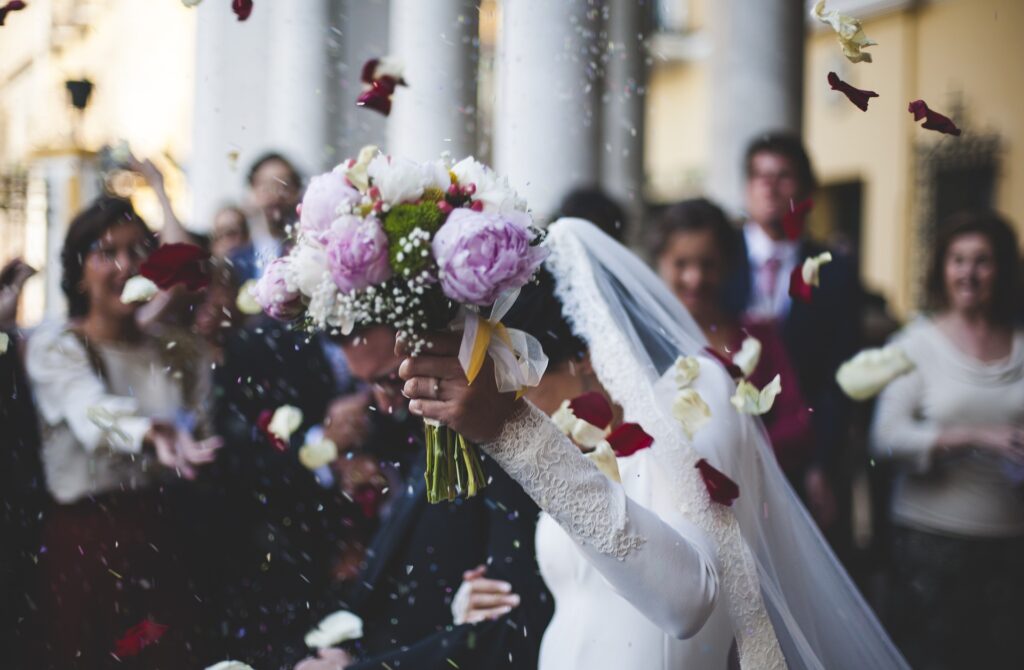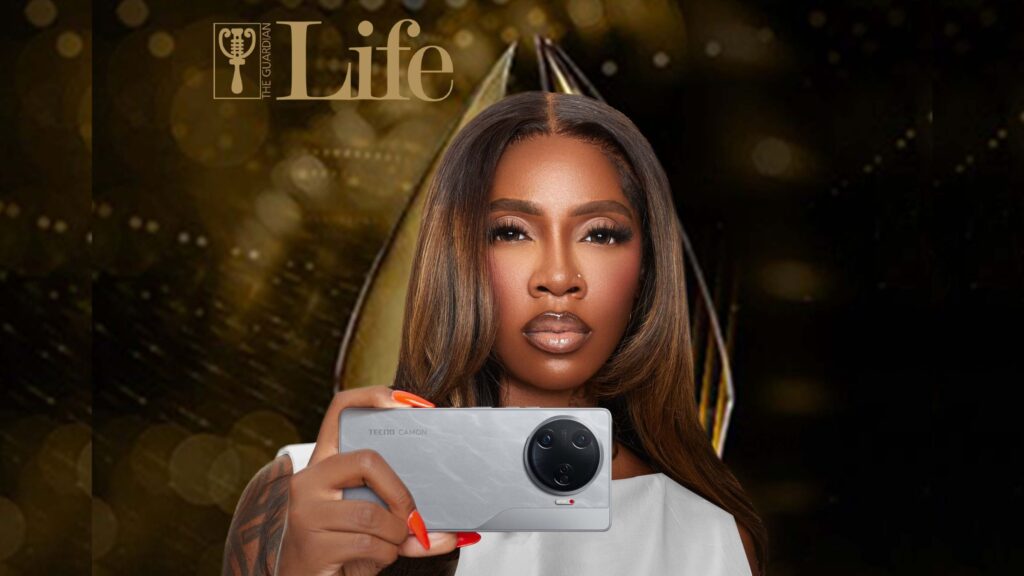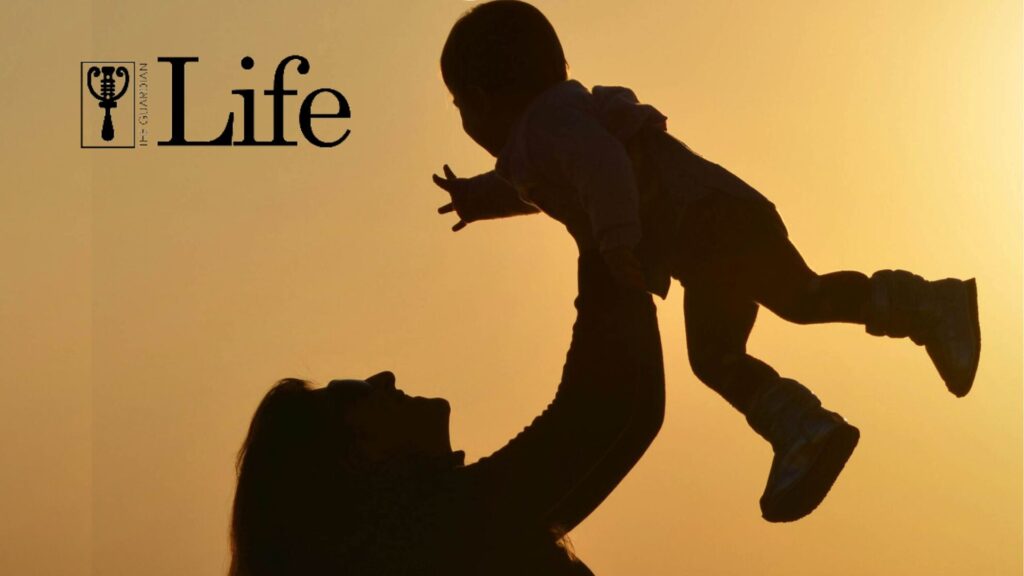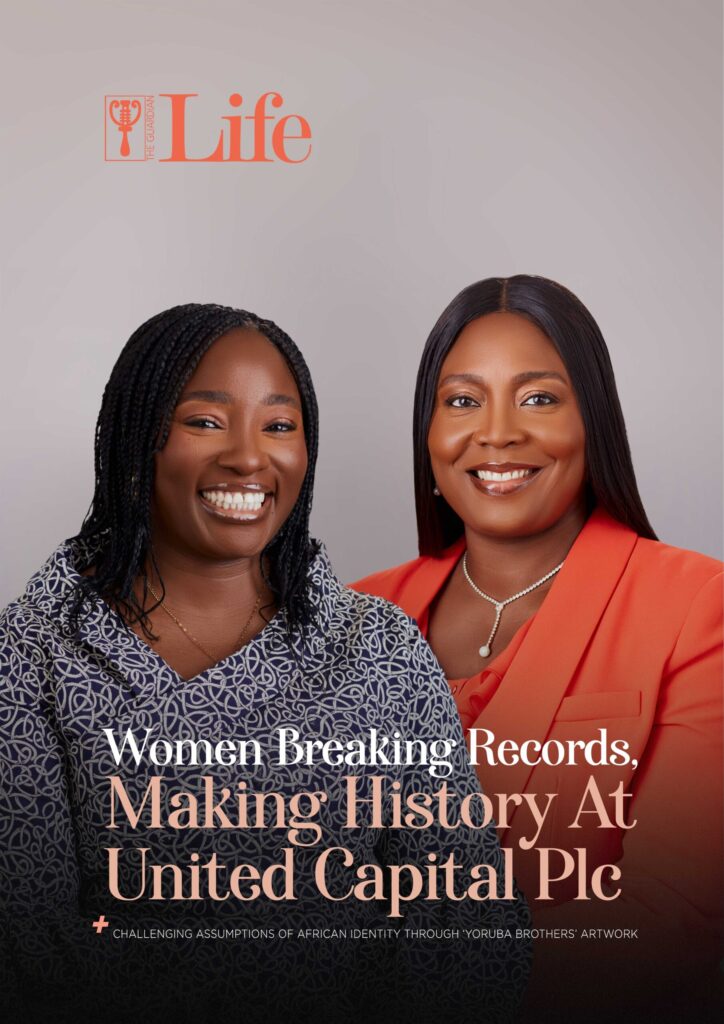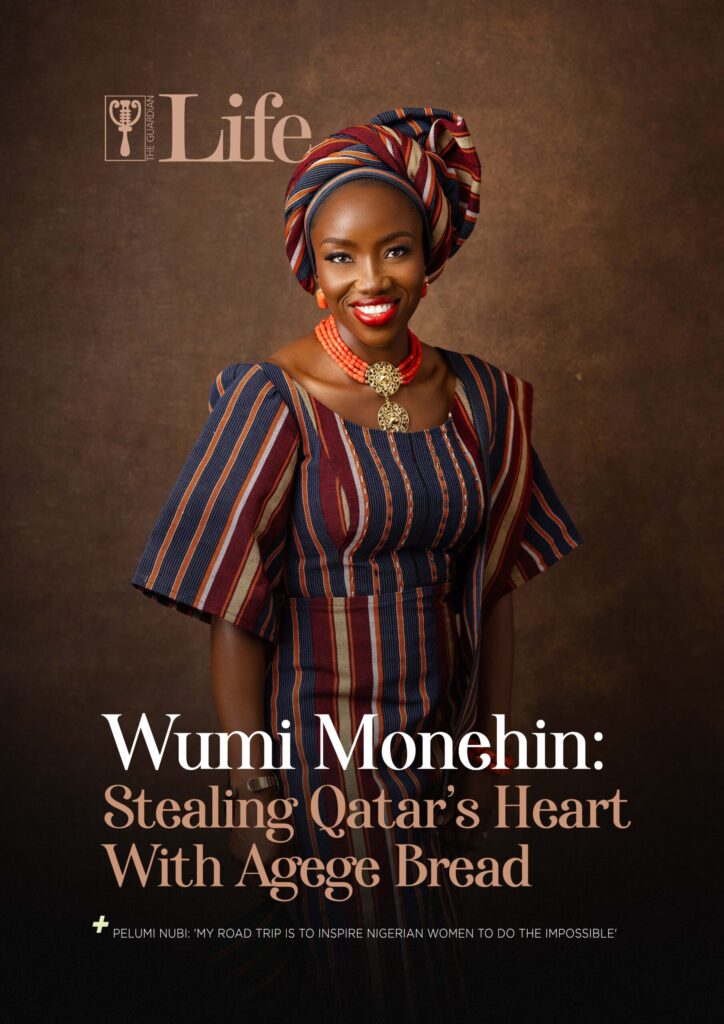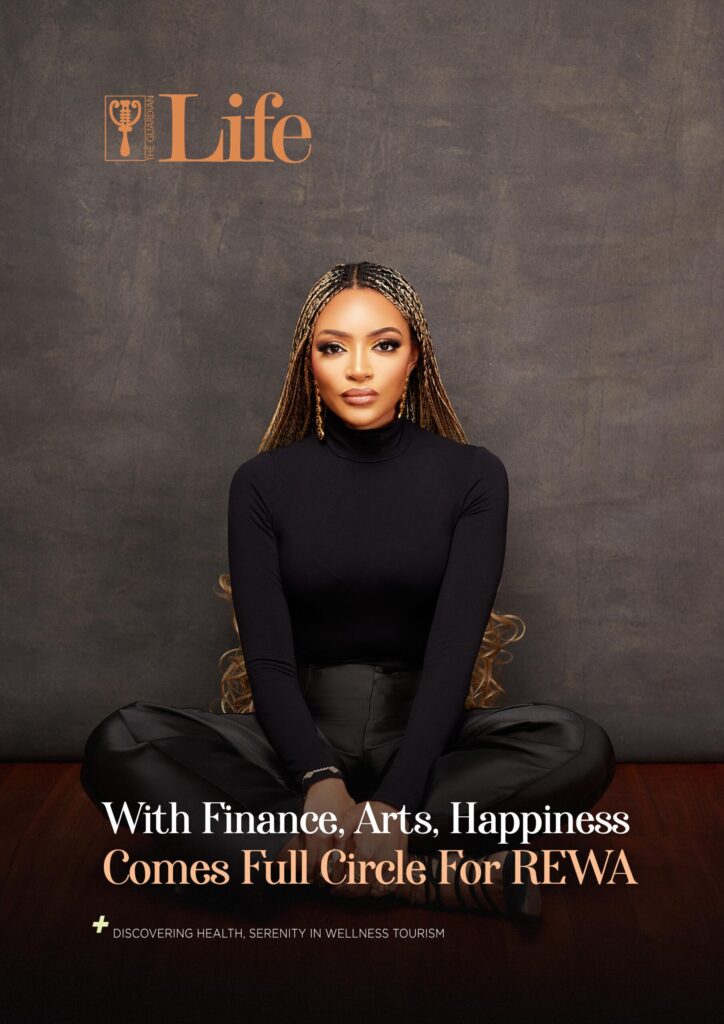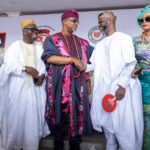Before June 18, 2024, Farooq Oreagba, a successful corporate titan, was barely in the spotlight. But stunning photographs of him in his dark shades and bright yellow-and-green agbada made from ofi (a thick, handwoven material common to the southwest region of Nigeria) went viral on social media during the Eid holidays. His sleeve-long tattoos added extra allure. He quickly became the face of the 2024 edition of Ojude Oba, an annual festival held in Ijebu Ode in Ogun State, southwest Nigeria.
“I have blown,” says the CEO of NG Clearing Limited.
Such is the level of traction the festival has garnered in the last few years, partly enabled by the immediacy and reach of social media.
Former Nigerian vice president Yemi Osinbajo, himself an indigene of Ogun state, praised “the class, the beauty, the culture, and the elegance” of the “beautiful spectacle” that Ojude Oba represents.

Origins of Ojude Oba
Ojude Oba is steeped in religion and Yoruba culture. Held annually on the third of Muslims’ Eid-il-Adha for over a century, the festival has gained national attention for its celebration of history, the glamorous display of Yoruba fashion, the artistry of weavers of ofi, also known as aso oke, as well as the essence of communal living and respect for culture.
Several historical accounts and academic research say the Ojude Oba festival started as a thank-you gesture from Muslims and new converts to Awujale, the paramount ruler of Ijebu land. When Balogun Kuku, a prominent figure in the Ijebu community, embraced Islam, he gathered friends, family, and well-wishers to pay homage to the king, expressing gratitude for allowing them to practice their religion peacefully.
One account says the Muslims would visit Awujale’s court to pay him homage after Eid and thank him for allowing them to practice Islam without interference and intimidation.
Another version of the story credits Imam Tunwatoba, who led his family and companions to pay respects to his friend, the Awujale of Ijebuland, Oba Fidipote, during the Eid-el-Adha festival. The Imam thanked the king for fostering a peaceful environment for Muslims to practice their faith without interference. They prayed for the monarch’s long life, good health, and the prosperity of Ijebuland. What began as a simple act of homage has since evolved into a grand cultural festival. It celebrates the religious freedom of the past as well as the rich cultural heritage and unity of the Ijebu people.
READ ALSO: Farooq Oreagba opens up about cancer battles, loss of friends, Ojude Oba festival

The 2024 spectacle
The 2024 edition of Ojude Oba was nothing short of a visual and cultural feast. The streets of Ijebu Ode were awash with vibrant colours as attendees dressed in their finest traditional attires. The ‘regberegbes’ or age grade groups paraded in coordinated ensembles, each trying to outshine the other in a friendly competition. The festival’s sponsors also organised various competitions that added colour and vibrancy to the festivities.
Farooq Oreagba’s appearance was undoubtedly the highlight of the event. Beaming with pride and confidence, he made a grand entry on horseback, draped in a green and lemon agbada and sokoto ensemble, complemented by a matching cap, red coral beads, and a gold crossbody chain. His tattoos, tobacco pipe, sunglasses, and smartwatch added a contemporary twist to his traditional outfit, making him the cynosure of all eyes.
Another striking image from the festival was that of Ashabi Simfolak, who exuded elegance in a red-highlighted iro and buba aso oke with a matching gele. Her soft glam makeup, bold red lips, red coral beads, chunky gold jewellery, and D&G sunglasses made her a symbol of the festival’s blend of tradition and modernity.

Cultural significance
Ojude Oba is more than just a feast for the eyes; it is a celebration of community and identity. It brings together Ijebu sons and daughters from all over the world, fostering a sense of belonging and continuity. The festival honours the past and inspires future generations to cherish and uphold their heritage.
The minister of culture, arts, and creative economy, Hannatu Musa-Musawa, described Ojude Oba as a platform for fostering unity and promoting tourism. The Federal Government plans to list the festival as one backed by the United Nations Educational, Scientific and Cultural Organisation (UNESCO), which will afford it improved international recognition.

The role of fashion
Fashion plays a pivotal role in Ojude Oba, with attendees showcasing the best of Yoruba textile artistry. The intricate designs of aso oke and the majestic draping of agbada are on full display, reflecting the craftsmanship of local weavers. Each family, known as ‘egbes,’ parades in coordinated outfits, turning the event into a catwalk of cultural pride and splendour.
The festival has become a stage where tradition meets modernity. While the attire is deeply rooted in Yoruba culture, elements of contemporary fashion are seamlessly integrated, making it relevant to both the old and young generations. This blend of the old and new is part of what makes Ojude Oba so captivating.

The spirit of community
At its core, the Ojude Oba festival is a celebration of unity and communal living. It brings together people from different walks of life, all united by their shared heritage and culture. The festival showcases the strength and resilience of the Ijebu people, who have managed to preserve their traditions while embracing modernity.
As the echoes of drums fade and the lights dim, the spirit of Ojude Oba continues to inspire. Each participant leaves with memories of the tradition’s beauty and a renewed sense of community. The festival serves as a lasting reminder of the importance of cultural heritage and the need to pass it on to future generations.


